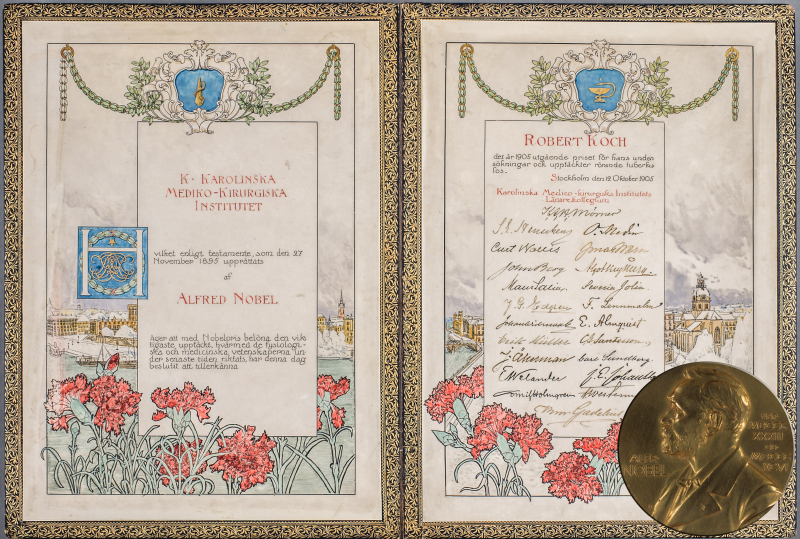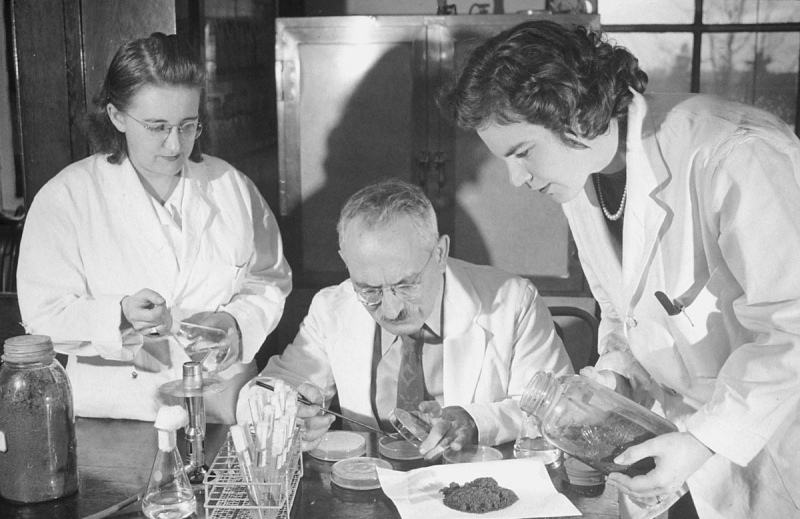Robert Koch was awarded the Nobel Prize for Physiology or Medicine
The Physiological Society of Berlin was the venue where Koch presented his results on March 24, 1882, and while being far from a persuasive presenter, he had his listeners transfixed. They were astounded by the beauty and simplicity of it all, and it was clear to them that they had seen scientific history. Paul Ehrlich, a German medical researcher who subsequently won the Nobel Prize for Physiology or Medicine in 1908, was present and afterward referred to it as "the most compelling event" of his professional career.
On April 10, 1882, Koch published his lecture titled "The Etiology, or Cause, of Tuberculosis" in The Berlin Clinical Weekly. Due to the fatal nature of TB, the finding was not only published in prestigious medical publications but also made it to the front pages of newspapers all around the world, making Koch an instant sensation.
Koch also discovered the cholera cause, although not being aware that it had already been accomplished decades previously. When he discovered tuberculin, he also thought he had a TB cure. Despite not being a medicinal agent, tuberculin did develop as a diagnostic tool. Koch received the 1905 Nobel Prize in Physiology or Medicine "for his research and discoveries in connection to TB" as a result of his diligent work on the subject. A significant step toward making TB both preventative and treatable was taken by Koch's discovery.










